But what is happiness except the simple harmony between a man and the life he leads?
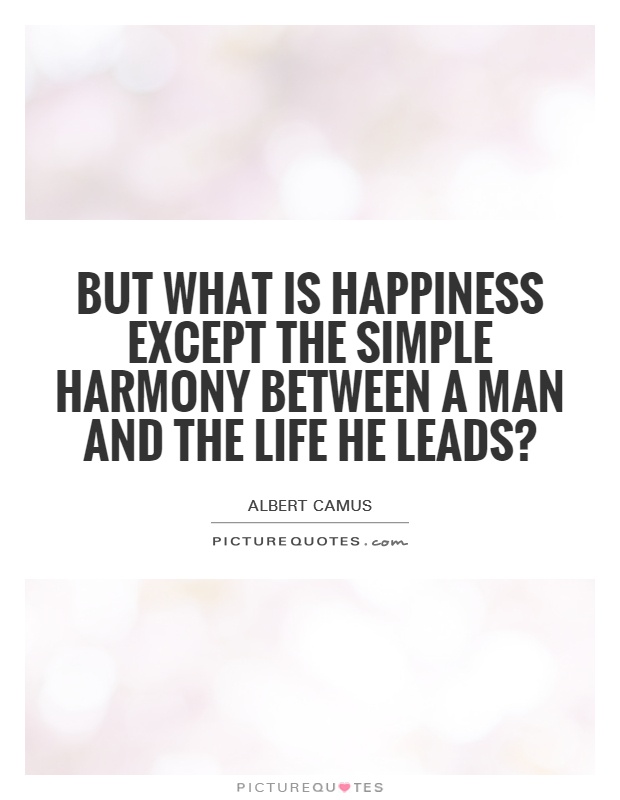
But what is happiness except the simple harmony between a man and the life he leads?
Albert Camus, a renowned French philosopher and author, once pondered the concept of happiness in relation to the harmony between a man and the life he leads. This profound statement encapsulates Camus' existentialist beliefs and his exploration of the human condition.For Camus, happiness was not merely a fleeting emotion or a state of pleasure, but rather a deeper sense of contentment and fulfillment that arises from living authentically and in alignment with one's values and beliefs. In his philosophical works, such as "The Myth of Sisyphus" and "The Stranger," Camus delved into the absurdity of existence and the inherent meaninglessness of life. Despite this bleak outlook, he believed that individuals could find happiness by embracing the absurdity of the world and creating their own meaning through their actions and choices.
The idea of harmony between a man and the life he leads speaks to the importance of living in accordance with one's true self and finding a sense of balance and peace within one's own existence. Camus believed that true happiness could only be achieved when individuals accepted the inherent contradictions and uncertainties of life and embraced their own autonomy and freedom.

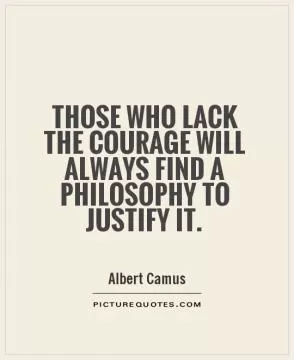
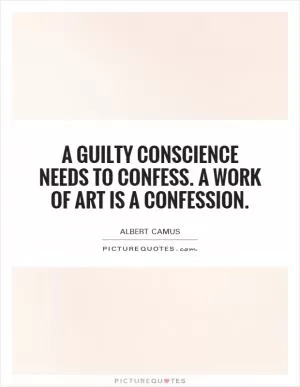
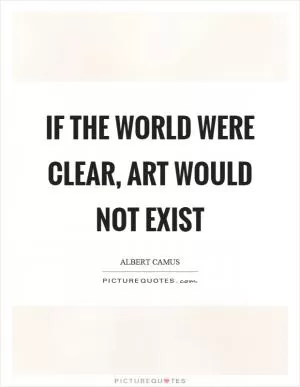

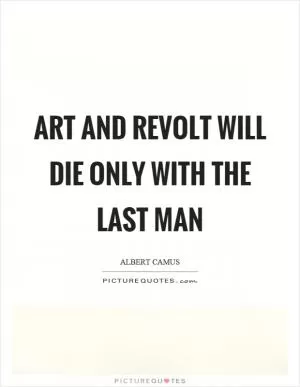

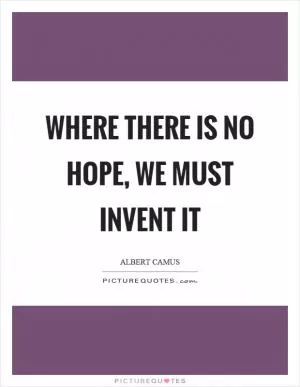
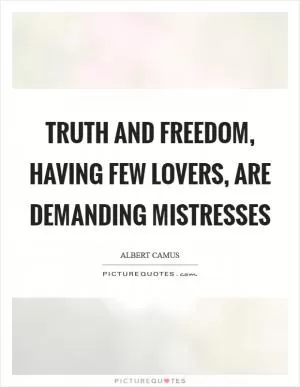
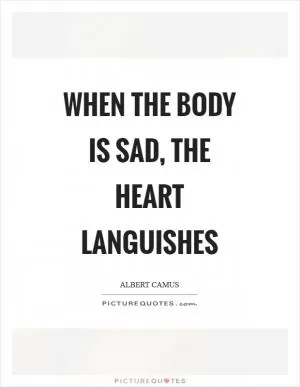

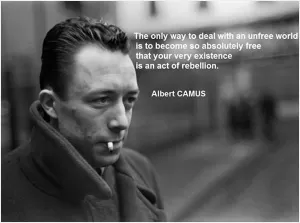
 Friendship Quotes
Friendship Quotes Love Quotes
Love Quotes Life Quotes
Life Quotes Funny Quotes
Funny Quotes Motivational Quotes
Motivational Quotes Inspirational Quotes
Inspirational Quotes